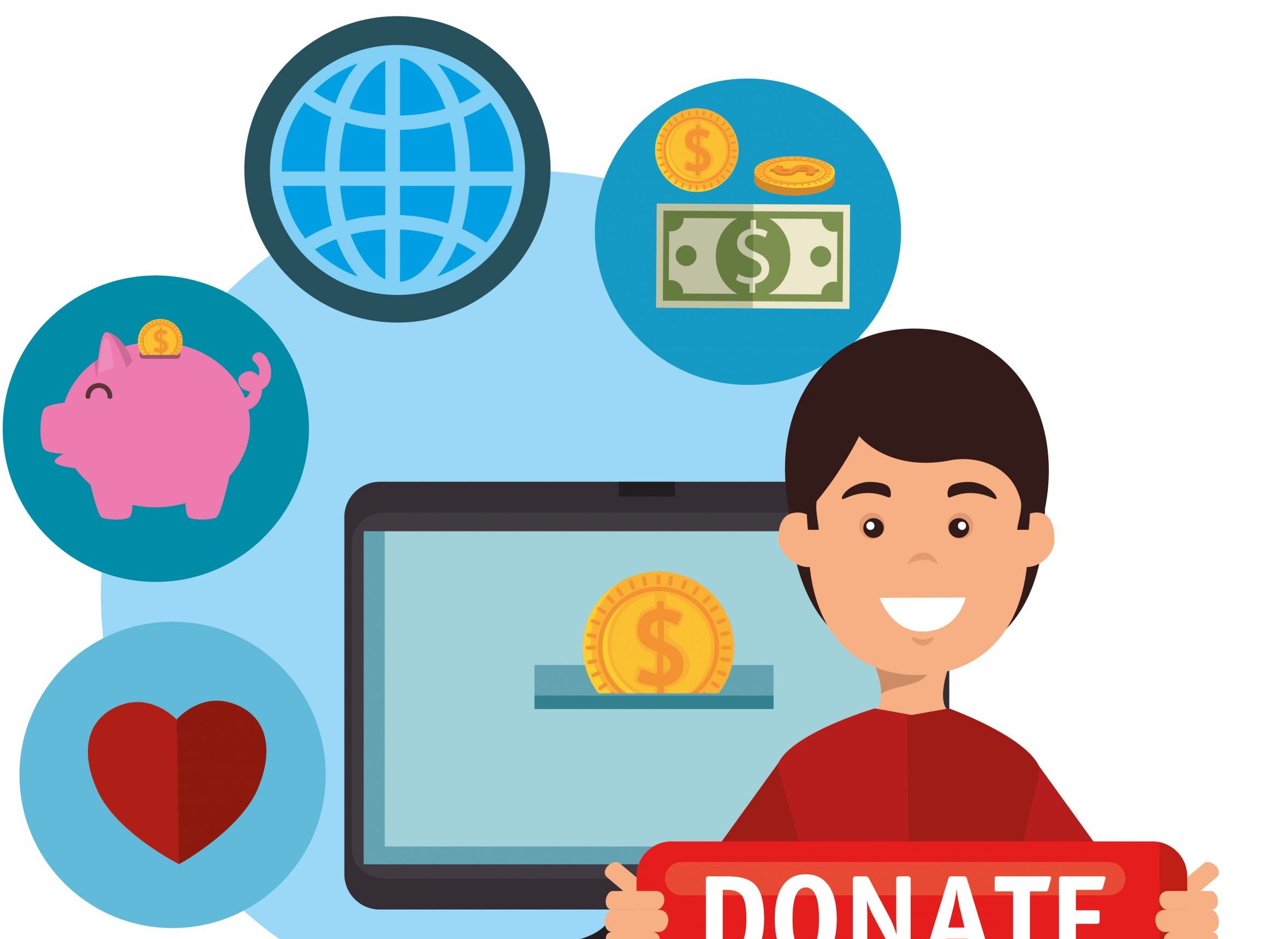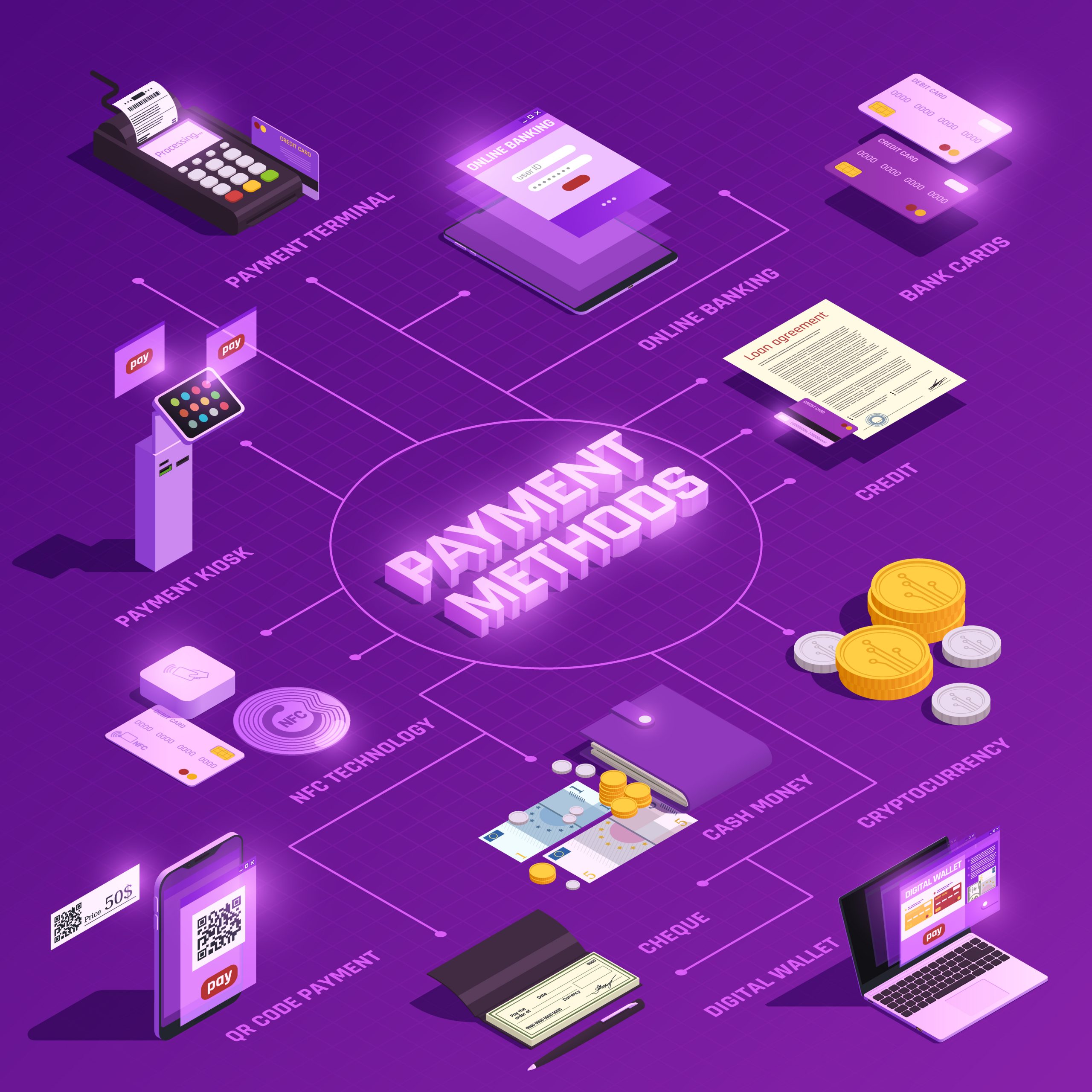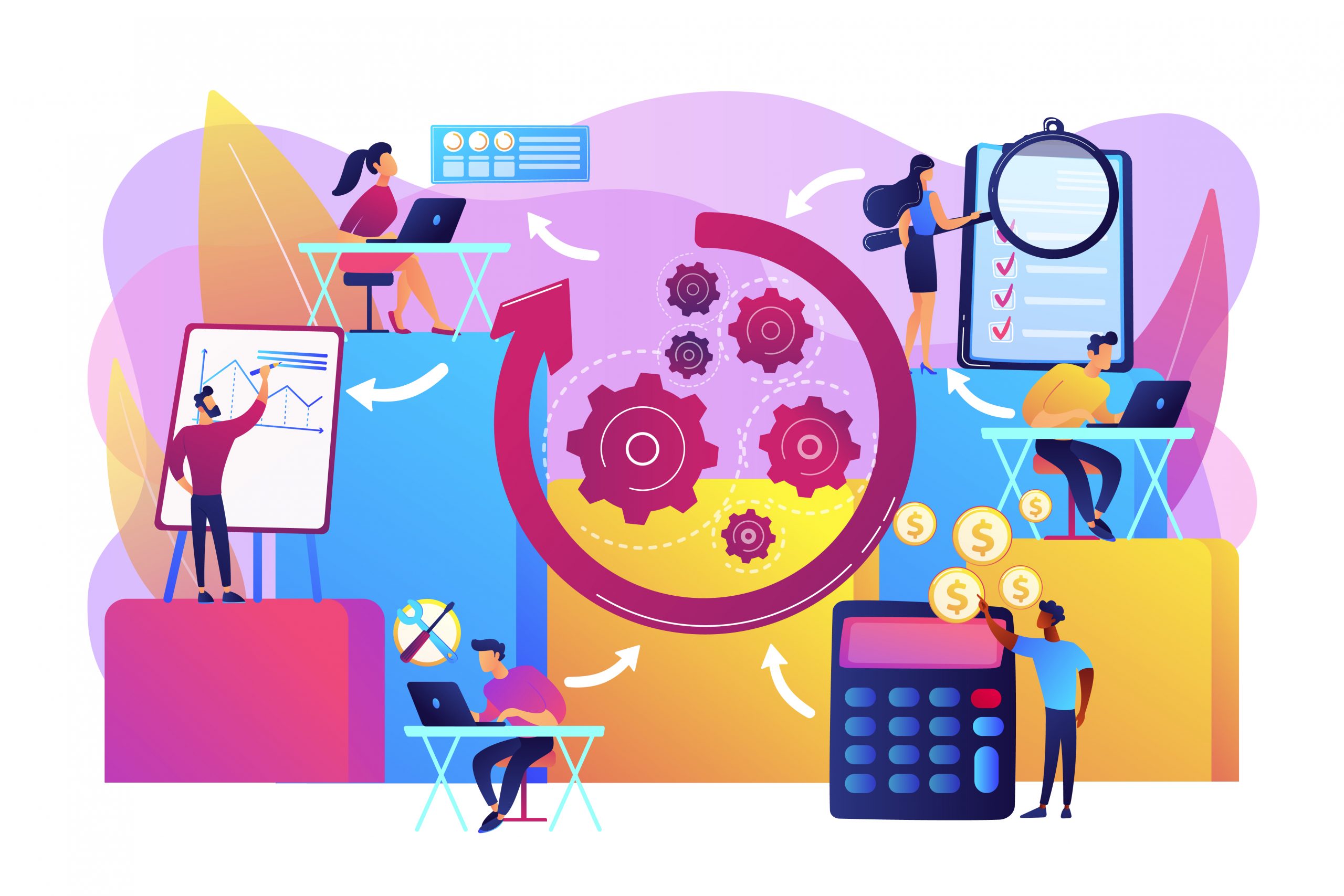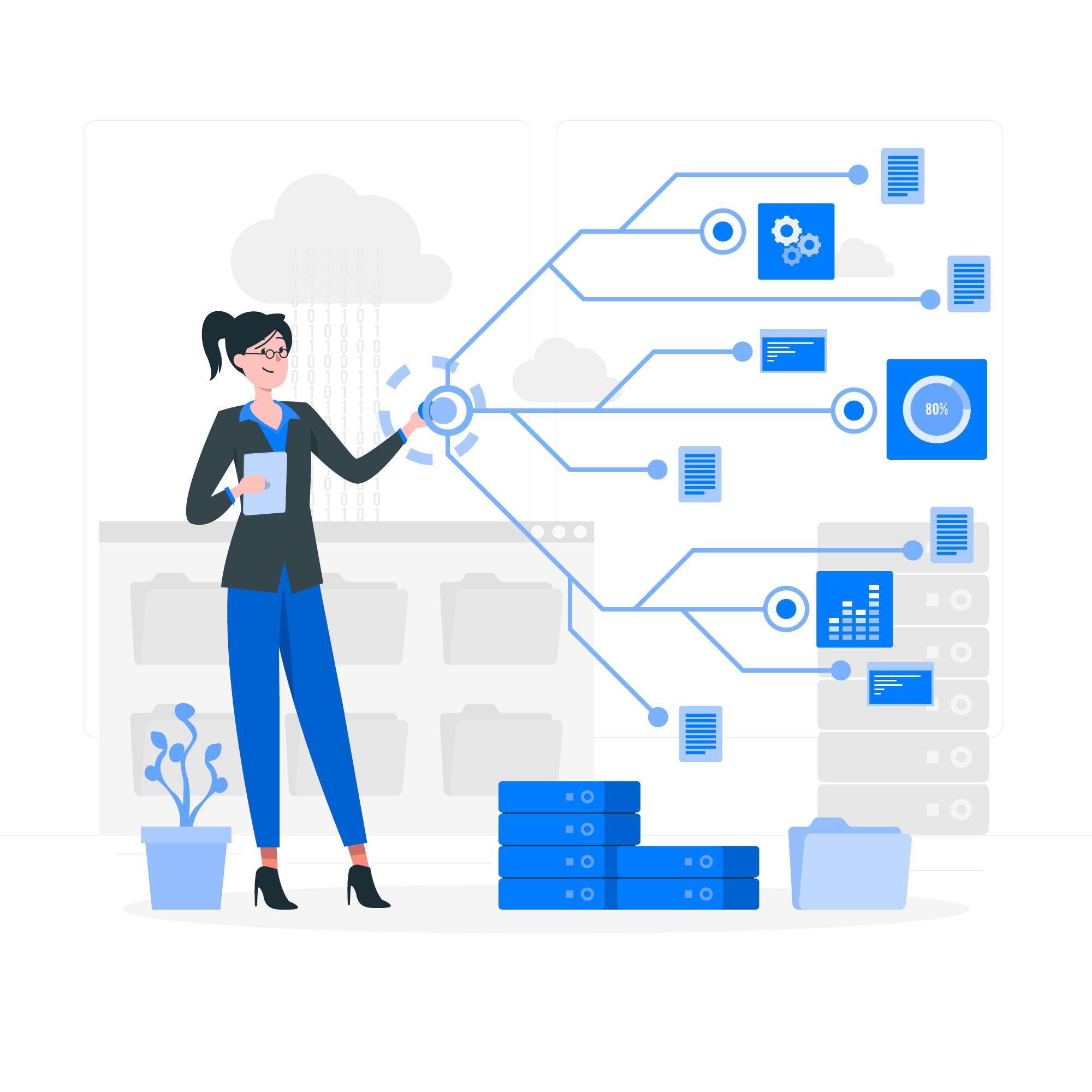With the rise of digital donation platforms, donating has become easier. However, it is a problem for non-profit organizations to keep track of all the incoming donations while abiding by compliance laws. According to a report by the National Philanthropic Trust, around $557 billion was received from charity in the US in 2023, which is a number exceeding the GDPs of many countries. Organizations must use an optimal donor management system (DMS) that helps streamline the entire process. A donor management system is software that acts as a CRM for non-profits. It helps organizations actively track the donations received while also keeping track of those who are donating.
With such an effective non-profit fundraising solution, not only does donation tracking get easier, but the relationship with the donors also strengthens. So organizations can have more donations as they can target the donors based on the data.
What is a Donation Management System?
A donation management system is a type of software for non-profit organizations that helps track, assess, and grow their relationships with donors. From organizing donor data to identifying donation trends and increasing the likelihood of future donations, this helps non-profits of all sizes to track their donors and maximize the opportunities. This software replaces the traditional method of organizing the data, so non-profits do not have to struggle with managing massive spreadsheets, manually updating the data, and inconsistent data entries.
The donor management system tracks individual and recurring donations. The individual donation workflow is simple as compared to recurring donations. In individual donations, each donation is tracked, the donation management system records all the donor information, and a receipt for each donation is provided.
However, in recurring donations, the donor management system supports automated payment processing and tracking. The system should allow processing from multiple payment methods, like credit card, ACH (automated clearing house), and other methods. The recurring payments are scheduled, and the system automatically processes payments according to the donor’s payment schedule.
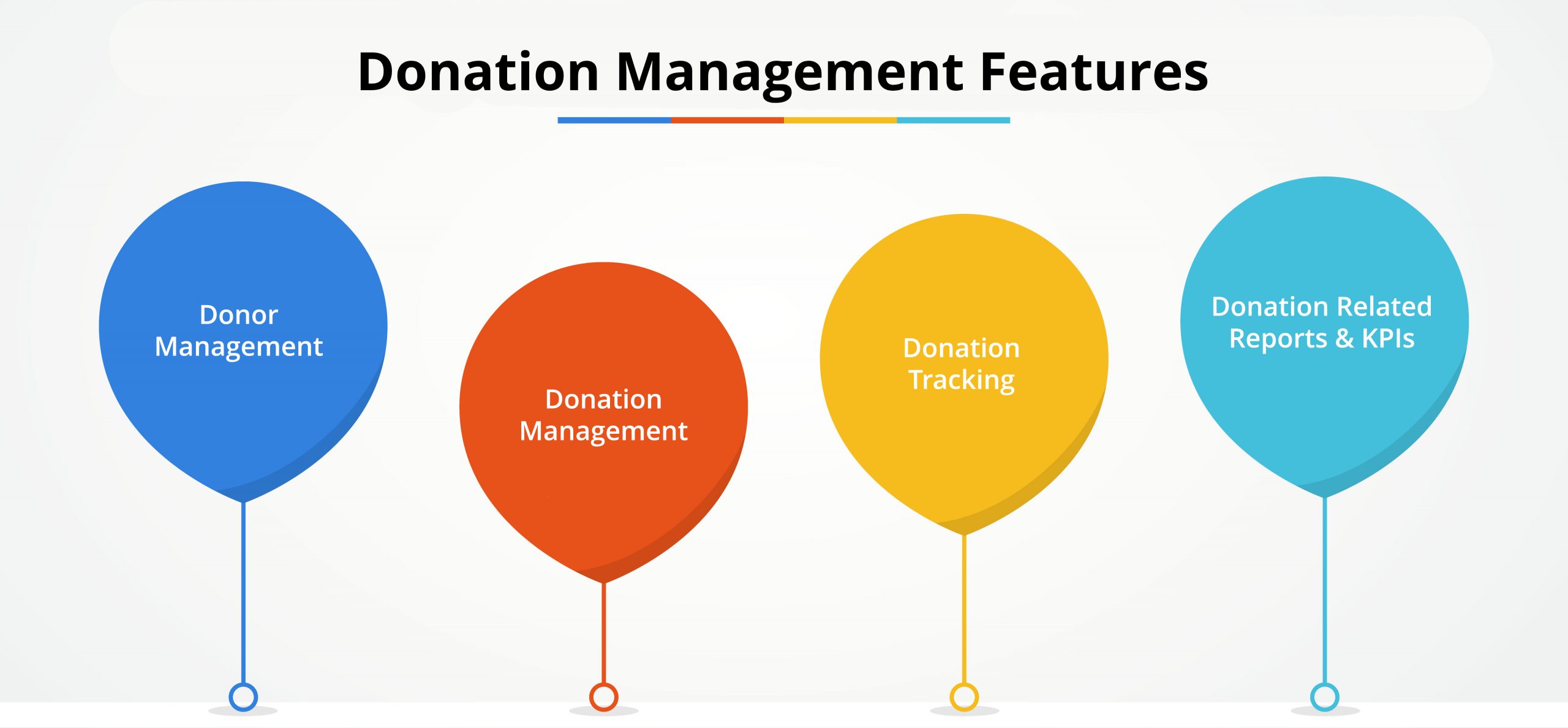
How is Donor Management Useful for Non-Profit Organizations?
A donor management and engagement system offers multiple benefits, like streamlining fundraising and centralizing data. Let’s look at the benefits of using donor management for nonprofit organizations.
1. Streamlines Fundraising Campaigns
Donor management systems act like streamlined fundraising solutions due to their capabilities of planning and executing fundraising events with automation. Moreover, the insights are generated simultaneously to help you monitor the campaign’s performance. However, how is fundraising streamlined and more effective with a DMS?
Being an integrated system, the donor data in DMS remains centralized. That’s why it becomes easy to reach out to donors through multiple communication channels like chat, email, and more. You can also easily personalize the preference of the donor according to what platform they are comfortable reaching out through, increasing donor engagement rates.
2. Integrates with Other Platforms
Now, to make it even more convenient, DMS is also designed to be easily integrated with other platforms. The donor management system can be combined with AirTable integration. With AirTable’s easy-to-use, customizable database, non-profit organizations can synchronize donor records, manage contact details, organize fundraising campaigns, and much more.
Moreover, integration with multiple communication channels makes it easy to send notifications to donors to remind them about donating, sharing updates, and many more. With a donor management system, you can get reports and analytics in real time. From donation trends to donor retention rates, you can have a peek into multiple KPIs important for the organization’s success.
3. Improves Donor Engagement
In nonprofit fundraising, donor engagement matters a lot, like keeping them informed of what’s going on in the organization to ensure that their donation is worth it. Now, doing it manually is indeed possible, but you can’t do it with enough personalization then, which is why engagement gets compromised.
However, a DMS helps organizations with it by sending personalized emails and even implementing tailored strategies during outreach. For instance, if a donor’s data indicates a particular amount that they donate, then the DMS will send them a personalized message like “your donation of $100 is due”.
4. Saves Time and Resources
All these benefits bring us to the main benefit, which is time and resource savings. With a DMS, the focus remains on tasks that can be automated with technology. Hence, human resources and their time can be used in tasks where the human touch is more important than automation, like building relationships with donors by consistently connecting with them.
Features to Look for in the Donor Management Software
When choosing donor management software for your nonprofit fundraising, you need to consider a few things that will make the fundraising process smoother. Here are some of the things to look for in a DMS:
1. Donation Fundraising and Processing
First and foremost, donor management software must have a comprehensive fundraising tool that automatically deducts money monthly. For instance, NetSuite allows for pledge and donation management. Non-profit organizations can record pledges and cash donations made by the donors. NetSuite allows the creation of pledges and records the pledge, due date, and payment terms. As the payment is made, it tracks them against the pledge and ensures that the donation is made.
Besides, if donations are received, either as a one-time initiative or part of the pledge, NetSuite records them as revenue and categorizes them into different categories, like restricted, unrestricted, or designated for specific projects. It ensures the allocation of funds accordingly.
2. Integration Capabilities
Integrations matter a lot for a DMS to function effectively since it allows the software to do more than just collect funds. You must look for integrations with payment processors such as PayPal, Stripe, and Square. Some other software that a DMS should integrate with include – email marketing platforms, accounting software and CRM systems.
For instance, NetSuite can be integrated with other donor management systems, like Salesforce, RaiserEdge, and Hubspot, to ensure that the donor data flows seamlessly between the fundraising and financial accounting systems.
| Real-Life Example: How a Non Profit Benefits From Salesforce and NetSuite Integration for Donor Management A non-profit organization that funds research and development to cure Parkinson’s disease and supports the treatments of patients who have been diagnosed with it. To streamline credit card donations, the organization integrated Salesforce, a donor management system, with NetSuite, a financial management system. Salesforce helped in tracking the donor interactions, campaigns, pledges, and overall relationships with the donors. NetSuite helped securely process donations through credit cards,, and all the details were captured and accounted for in the general ledger. This integration allowed the data to seamlessly flow from Salesforce to NetSuite, simplifying the financial reporting, donor recognition, and compliance with regulations. |
3. Tracking and Reporting
Tracking and reporting are the backbone of a non-profit’s success as it offers access to insights. With this feature, you can look at key insights like the amount you are receiving, the increase in donations per month, the pain points of the donors, and many more.
Along with all this, you get access to donors’ data, which makes personalization much easier. A donor management report system should provide detailed reports, like donation summary, donor history, pledge and payment reports, recurring donations reports, tax receipts, and donor acquisition reports.
Look for a donor management system that allows you to visualize organizational data in an intuitive dashboard. Also, a clean and easy-to-navigate interface can enhance the experience and allow the staff to use the donor management system without much training.
4. Communication Features
Lastly, to use the centralized data for email marketing and other communication needs, you must look for integrations with communication channels. This is mostly done through the API integration of software like Mailchimp. With these integrations, you can ensure that the data you have is being used for your organization’s success. Integration with social media can help share fundraising campaigns, which can have a positive impact on your fundraising.
5. Integration with Online Donation Platforms
With the rise of online donation platforms, the donor management system can be integrated with different platforms to record all the transactions made through web forms or fundraising events. All the activities are captured automatically and recorded in the donor management system and NetSuite. The donations made through online platforms are updated in real-time and the integration ensures that the financial information is transferred to NetSuite.
The Bottom Line,
Choosing a perfect donor management system according to your needs is no less than a task. While many systems offer non-profit CRM solutions, the problem lies in the customization and maintenance of these tools.
Are you ready to elevate your donor management efforts? You need to select donor management software that supports long-term growth and effective engagement strategies. Streams Solutions streamlines every aspect of the fundraising process and helps you with all your donor management needs. Our platform simplifies donor relationship management with our expertise in different platforms, like Salesforce and NetSuite, so you can focus on building relationships with your donors.

